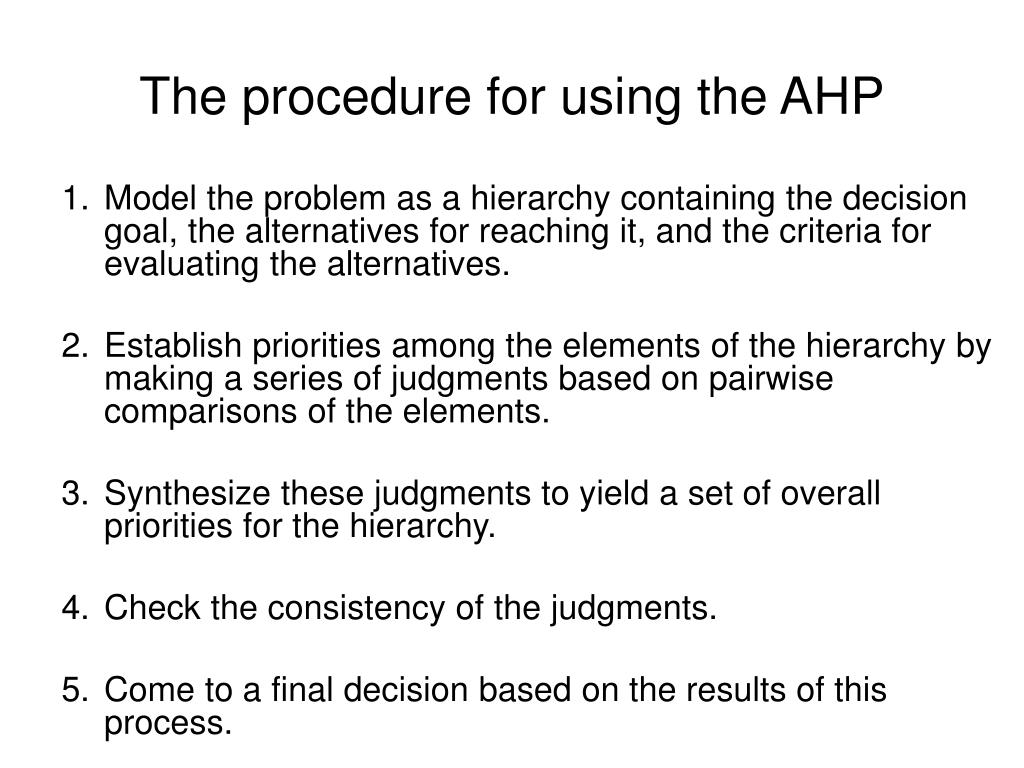
JNE, for example, has helped members preserve and retain more than 9,000 jobs since it was launched in 2016. We remained supportive of members and their communities through our housing and community investment programs and other voluntary programs created to stimulate homeownership and economic development, like Housing Our Workforce and Jobs for New England (JNE). Additionally, we launched a new collateral management system that allowed for electronic file uploads and faster approvals and rejection notices. We also adjusted our collateral review procedures to allow for virtual visits and the collection of data through file and network sharing. The program began accepting exterior-only property inspections and desktop appraisals to accommodate social distancing requirements, and also changed the reporting requirements for mortgage loans placed into forbearance as a result of pandemic-related hardships.

The Bank also rolled out enhanced policy and program changes, and economic development programs to empower our members to support those facing hardship.įor example, recognizing the effects of the pandemic on the mortgage industry, we adjusted and clarified policies of our Mortgage Partnership Finance® (MPF®) Program to make it easier for Participating Financial Institutions to do business with us. Net income decreased from $190.7 million in 2019 to $120.3 million.ĭespite shifting to fully remote operations in March for the first time in our organization’s history, FHLBank Boston provided our members with uninterrupted access to funding and liquidity.Total advances fell to $18.8 billion at year-end from $34.6 billion and.Our board of directors declared quarterly dividend payouts equal to an average annual dividend rate of 4.64% for 2020.Retained earnings increased to nearly $1.5 billion at the end of the year.
#Fhlb boston ahp decision full
While full details of the Bank’s financial performance can be found in Financials, here are some high-level highlights contained therein: Shortly thereafter, aggressive federal fiscal stimulus measures and monetary policy designed to steady the economy flooded the financial system with liquidity and led to near-zero interest rates that suppressed advance demand and profitability.ĭue to the steady leadership of our board of directors and management, as well as the strategies and actions we undertook in the years leading up to 2020 to strengthen the Bank’s ability to weather future uncertainty, the Bank was well positioned to absorb the volatility created by the pandemic and the fiscal and monetary policy changes designed to address it. Advances demand surged at the outset of the pandemic as members borrowed to off-set the uncertainty created while states instituted lockdowns, businesses and communities struggled to adapt to economic contraction, and political and social unrest escalated. We began 2020 with a strong and steady demand for advances, and a very strong balance sheet, including our highest level of retained earnings ever. FHLBank Boston rose to the occasion by fulfilling our mission this year in traditional as well as new and innovative ways. Challenging times like these, however, bring out the best in people and mission-driven organizations like ours. Few could have predicted the challenges that our nation, our members, and the Bank would face during 2020 and how much the COVID-19 pandemic would impact communities throughout New England.


 0 kommentar(er)
0 kommentar(er)
